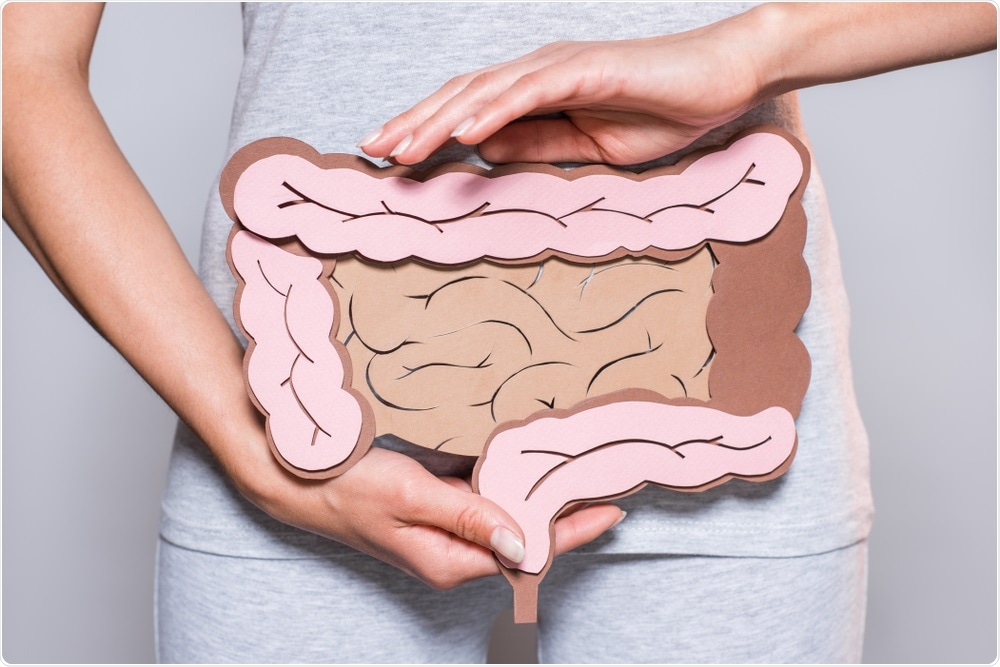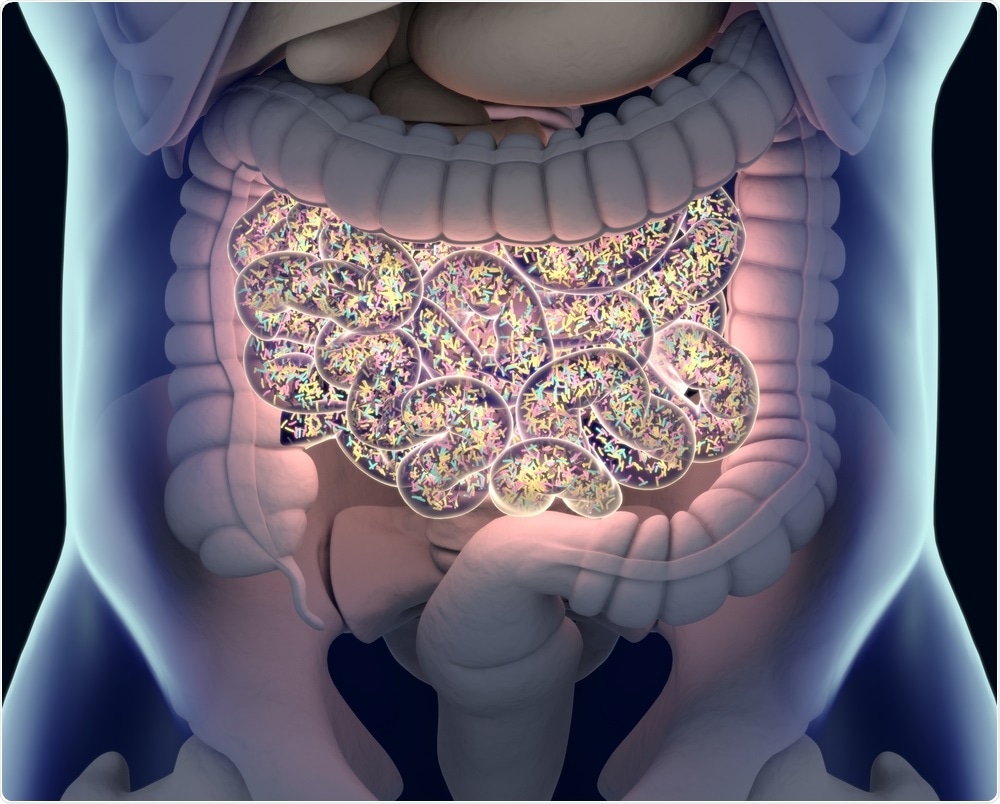Indication of the existence of two-way communication between the gut and the brain – known as the ‘gut-brain axis’ – has emerged as an important player in shaping aspects of behavior and cognitive function.
Such relationship provoked this research as a collaboration between UEA, the University of Florence, and the Quadram Institute.

Image Credit: LightField Studios/Shutterstock.com
How does cognitive decline occur in the elderly?
Many parameters are involved in accelerating cognitive decline in the elderly including a combination of biological, genetic, environmental, and lifestyle factors.
Such events occur in the brain over a decade or longer.
What role does the hippocampus play in memory and learning?
The hippocampus plays a critical role in the formation, organization, and storage of new memories. It is also one of the first regions of the brain to suffer damage in Alzheimer’s disease.
Before this research, what can the elderly do to help improve their memory and cognition?
The elderly can improve/maintain their cognition by maintaining good general health habits: staying physically active, getting enough sleep, not smoking, having good social connections, limiting alcohol consumption, and eating a balanced diet.
Recent experimental evidence from us (Tarini et al GUT, 2019) suggested that during aging a Mediterranean-like style can help to maintain a healthy microbiota.

Image Credit: oneinchpunch/Shutterstock.com
Can you describe how you carried out your research into fecal transplants and cognitive decline?
We performed fecal transplants from older adult mice to younger adult mice and then assessed the young adults for markers such as anxiety, exploratory behavior, and memory.
What did your results show?
We showed that while the young adults showed no significant changes in markers of anxiety, explorative behavior, or locomotor activity, they did show impaired spatial learning and memory as measured in a maze test.
These changes were paralleled by alterations in the expression of proteins associated with synaptic plasticity and neurotransmission, and changes to cells in the hippocampus part of their brains – responsible for learning and memory.
What is the relationship between the gut microbiome and spatial learning and memory?
There is a growing body of evidence, showing that gut microbiota plays a major role in the development and function of the central nervous system, affecting learning and memory via metabolic, neuroendocrine, and immune pathways.
Do you believe that one day, these transplants could help to improve cognitive decline in the elderly and improve conditions such as Alzheimer’s disease?
Gut bacteria transplants could one day be used to protect against Alzheimer’s disease. However, we are only at the early stage of this research and it may take some years before it becomes available.

Image Credit: Anatomy Image/Shutterstock.com
What are the next steps in your research?
We are currently investigating the reverse process by adding fecal microbiota from young mice to older mice to see if it helps them.
Where can readers find more information?
About Dr. David Vauzour
Dr. David Vauzour is a Senior Research Fellow at the Norwich Medical School, University of East Anglia. His research focuses on developing novel strategies to delay brain aging and cognitive decline including Alzheimer’s disease.
To date, Dr. Vauzour has published over 90 peer-reviewed manuscripts, sits on many scientific panels and journal editorial boards, and is currently the co-chair of the ILSI Europe Nutrition and Brain Health Taskforce.
About Professor Claudio Nicoletti
Prof Claudio Nicoletti, former research leader at the Quadram Institute in Norwich is currently Professor of Anatomy at the Dept. of Experimental and Clinical Medicine of the University of Florence, Italy. His main interest is in gut biology/immunology and the gut-brain axis.
Prof Nicoletti is a member of several editorial boards of international journals and scientific panels.